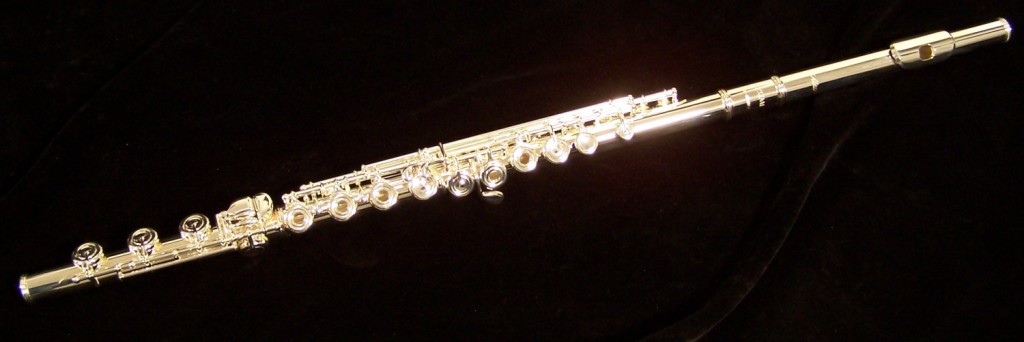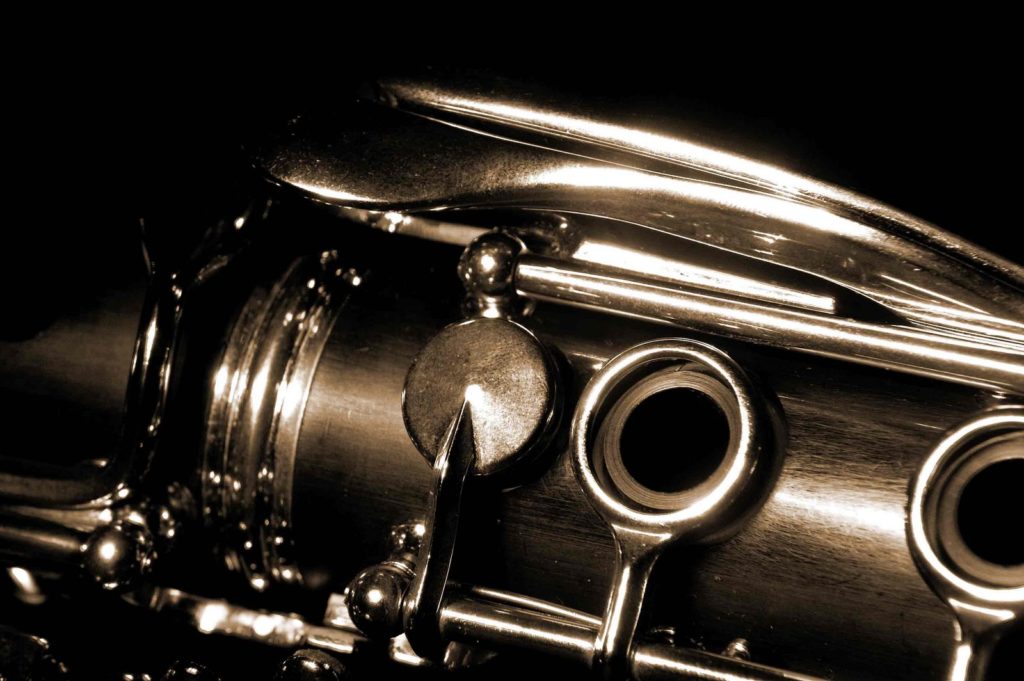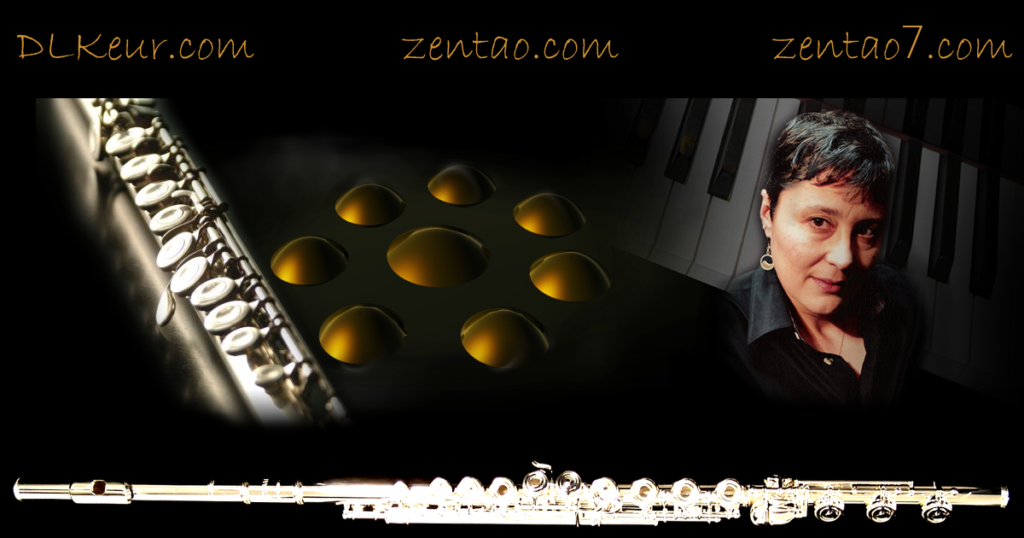Rage, castigation, derision: Not only do we have constant contention on the main streams of social media, but we’ve got it in the groups and communities, as well, including, I’m sorry to say, the main flute group on FB. Can we concentrate on playing our flutes and discussing (with civil tongues and benevolent perspectives) the nuances of effective performance? No. Can’t seem to.
I took to lurking, then left the main flute subreddit over on Reddit.com — too much cliquishness support for questionable, even erroneous ‘expert’ advice. Then, here on FB, after one of the skirmishes that blew up over much ado about nothing, I took to mostly lurking on Flute Forum, https://www.facebook.com/groups/fluteforum/ . This isn’t because I don’t enjoy a lot of the people there, but because, again, there’s this contentiousness that creeps into any discussion, and anyone is fair game for contemptuous, derogatory treatment by cliques of a different mindset.
Then, of course, there’s the ‘show and tell’ that really should be relegated to one’s own personal FB pages and the “buy lessons/master classes from me” posts. Oh, yeah, and the “buy tickets for my performance this weekend at JackAndApes” posts. These things I can do without.
You know, I really am on social media to interact with people, not to look at advertisements and duns for attention. I want to be part of flute discussion groups because I wanted to interact with other flutists. It doesn’t work, though. It’s become just like the present political and socio-cultural landscape — in a roil, a CONSTANT roil. It’s all fuss, fume, and bother, so, honestly, why do I bother?




